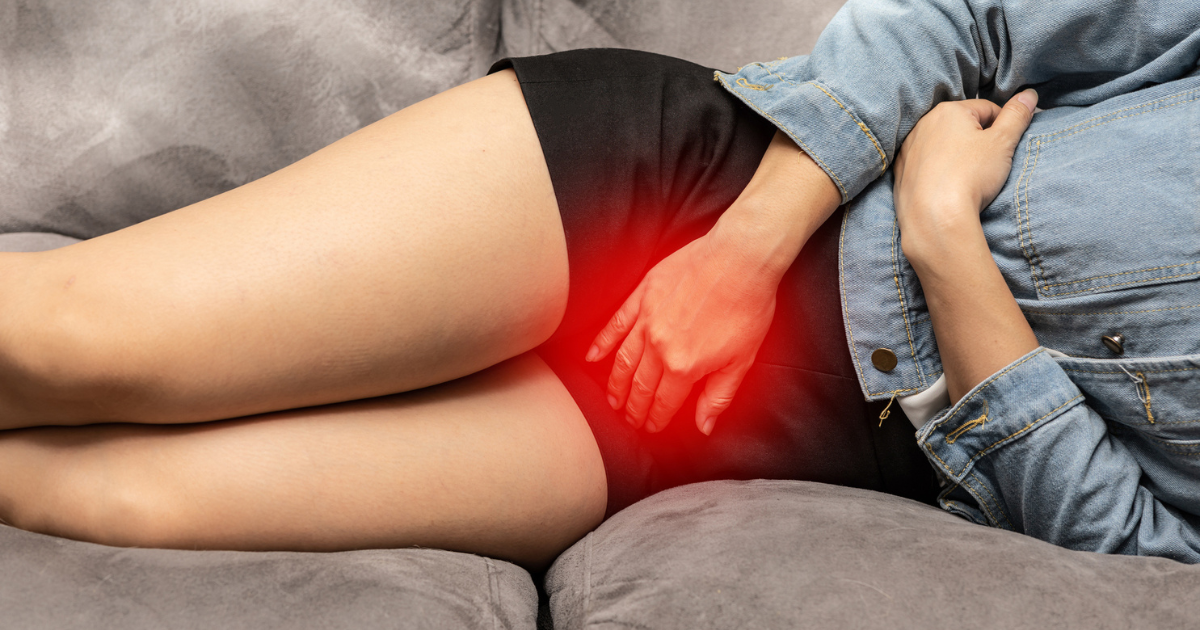You asked, we answered: What treatment options are available for lichen sclerosus?

Question:
What treatment options are available for lichen sclerosus?
Answered by dermatologist Sarah L Lonowski, MD, MBA:
Lichen sclerosus is an inflammatory skin disease that most commonly affects the genital and anal areas. Approximately 85% of lichen sclerosus cases affect genital skin, but it can also surface in other areas of the body. Initially, you may experience significant skin inflammation in the affected area, with redness and itching. In later phases, you’ll likely notice more atrophy – skin thinning – and potentially scarring.
Lichen sclerosus can affect patients of all ages, including children, but it is more prevalent in women than in men. The most common age of onset for lichen sclerosus is around age 40, but the disease can occur at any age. Patients with another uncommon skin condition – morphea – are more likely to develop lichen sclerosus.
Itching is the predominant symptom of lichen sclerosus, especially early on, and can be quite severe. You may experience dryness in the affected area, too. In some cases, the skin can break down, leading to open sores, which can be painful and cause burning with urination.
If scarring subsequently develops, you may also experience pain with bowel movements and with intercourse. In children, constipation is often the first noted symptom, as children may try to avoid bowel movements due to associated pain.
While we don’t fully understand the cause of lichen sclerosus, many experts hypothesize there may be an autoimmune mechanism and a genetic predisposition. Additionally, although lichen sclerosus often affects the genitals, it’s not a sexually transmitted disease, and you cannot spread it from person to person.
Treating lichen sclerosus
The first-line treatment for genital lichen sclerosus is strong topical steroids, typically in creams or ointments that you apply to the affected skin. You’ll use these steroids regularly for several weeks to months to control the initial inflammation.
Over time, you can decrease steroid cream use incrementally, but lichen sclerosus usually requires long- term treatment. Sometimes, your health care provider will also use other nonsteroid topical anti-inflammatory medications during treatment.
If you have a diagnosis of lichen sclerosus or think you may have this condition, you should see a board- certified dermatologist to discuss treatment options. Nebraska Medicine has dermatologists specifically trained to handle inflammatory skin diseases like lichen sclerosus.







